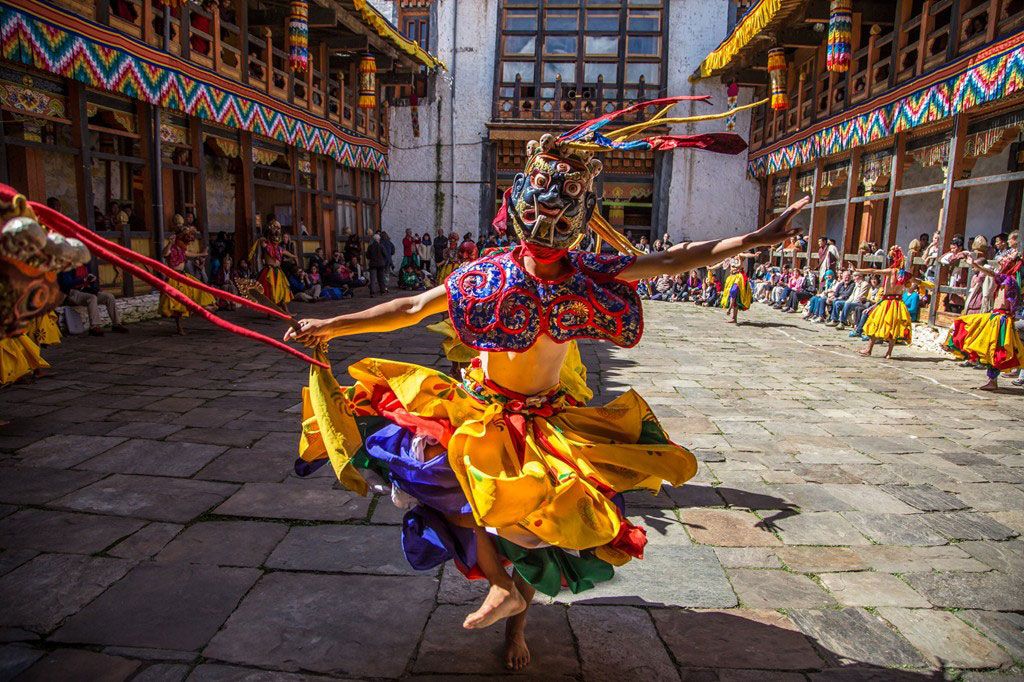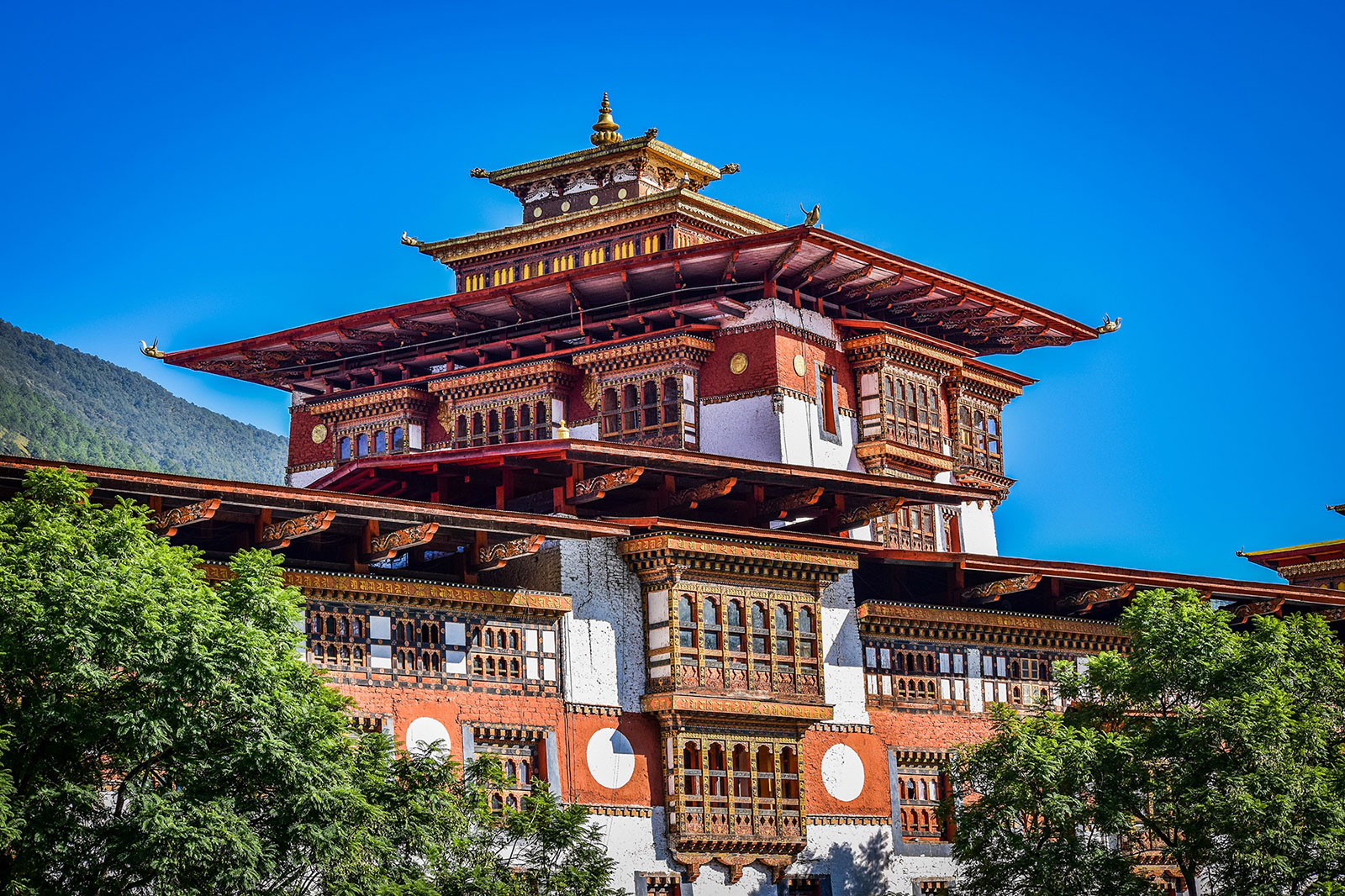Does volunteered work have significant effect on happiness level? Not really, shows the findings of the GNH survey 2010.The survey findings show that an average happiness level of 6.1 (on a scale of 1-10 and with 10 being happiest) for respondents, who have either provided voluntary help, and for those that have not. The survey displays these findings in its ‘community vitality’ section. While the survey does not provide an exact definition of community vitality, it is generally related to the quality of life in a neighbourhood or community.
Fifty-four percent of respondents said they have given others unpaid voluntary help in the past 12 months, with almost 10 percent more males volunteering. Unpaid voluntary help was also significantly higher in rural Bhutan. Sixty-two percent of rural respondents provided voluntary help, while only 34 percent of urbanites said they had done the same.
Almost 90 percent of respondents said they have donated money or goods in the past 12 months. Thimphu is highest, with an average donation of Nu 14,009, and Dagana lowest with Nu 2,087.
The survey also shows that, the stronger your sense of belonging to your community, the higher the percentage of voluntary help. Nearly 71 percent of respondents said they have a very strong sense of belonging to their local community. Only three percent said they did not.
Around 46 percent of respondents said they trust most of their neighbours, only two percent said they trusted none of their neighbours. The survey shows that males are more trusting of their neighbours than females.
Almost 69 percent of respondents said they are always treated fairly by their neighbours, and almost 57 percent said they lived in a neighbourhood, where neighbours always help each other. Another 2.5 percent said their neighbours never helped each other.
About 26 percent said they socialised with their neighbours a few times a week, while 57 percent said at least once a month. The survey shows that more females than males socialised with their neighbours a few times a week.
The survey shows the respondent’s frequency of socialising with relatives is lower than with neighbours. 34 percent said they had not socialised with relatives in the last month, compared to 22 percent saying they had not with their neighbours. Around 89 percent said there was no enmity in their community.
The survey shows that family is still a very strong aspect of Bhutanese life. Around 96 percent agreed that members of their family really care about each other. But only 68 percent said they have enough time to spend with their family, while seven percent said they did not.
Four percent said they had been a victim of crime in the past 12 months, and 20 percent said they had seen or known someone, who had been victimised by criminals in the past 12 months.
Around 56 percent said they always feel safe, when it comes to being harmed by others in their neighbourhood or village, while 19 percent said they rarely feel safe. A significantly larger number of females felt rarely safe. About 25 percent of females felt rarely safe, compared to 14 percent males, and 20 percent of respondents said they rarely feel safe from wild animals in their village.
A same percentage said they rarely felt safe from “ghosts”. Again, more females felt rarely safe from ghosts, with 25 percent compared with 15 percent males.









